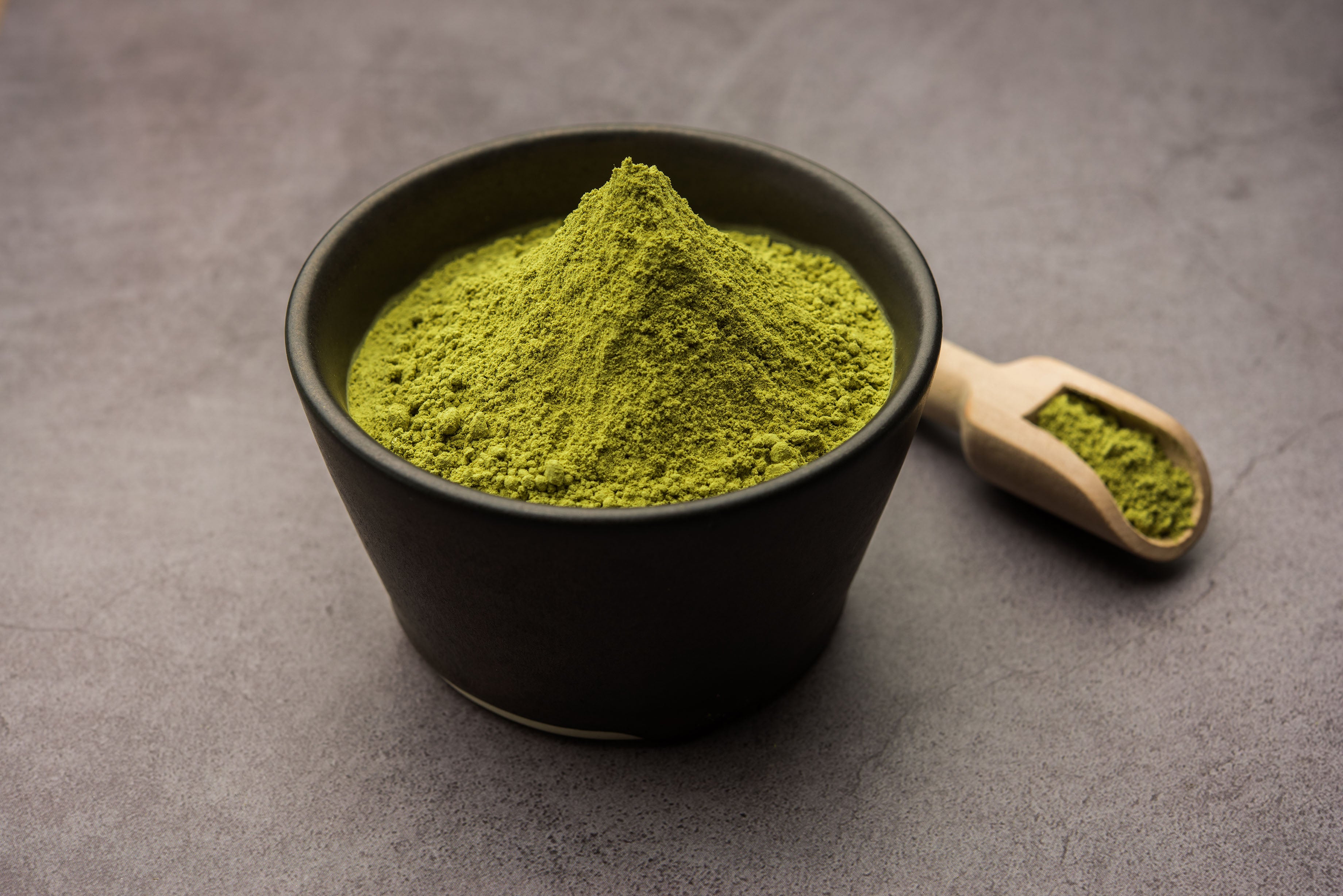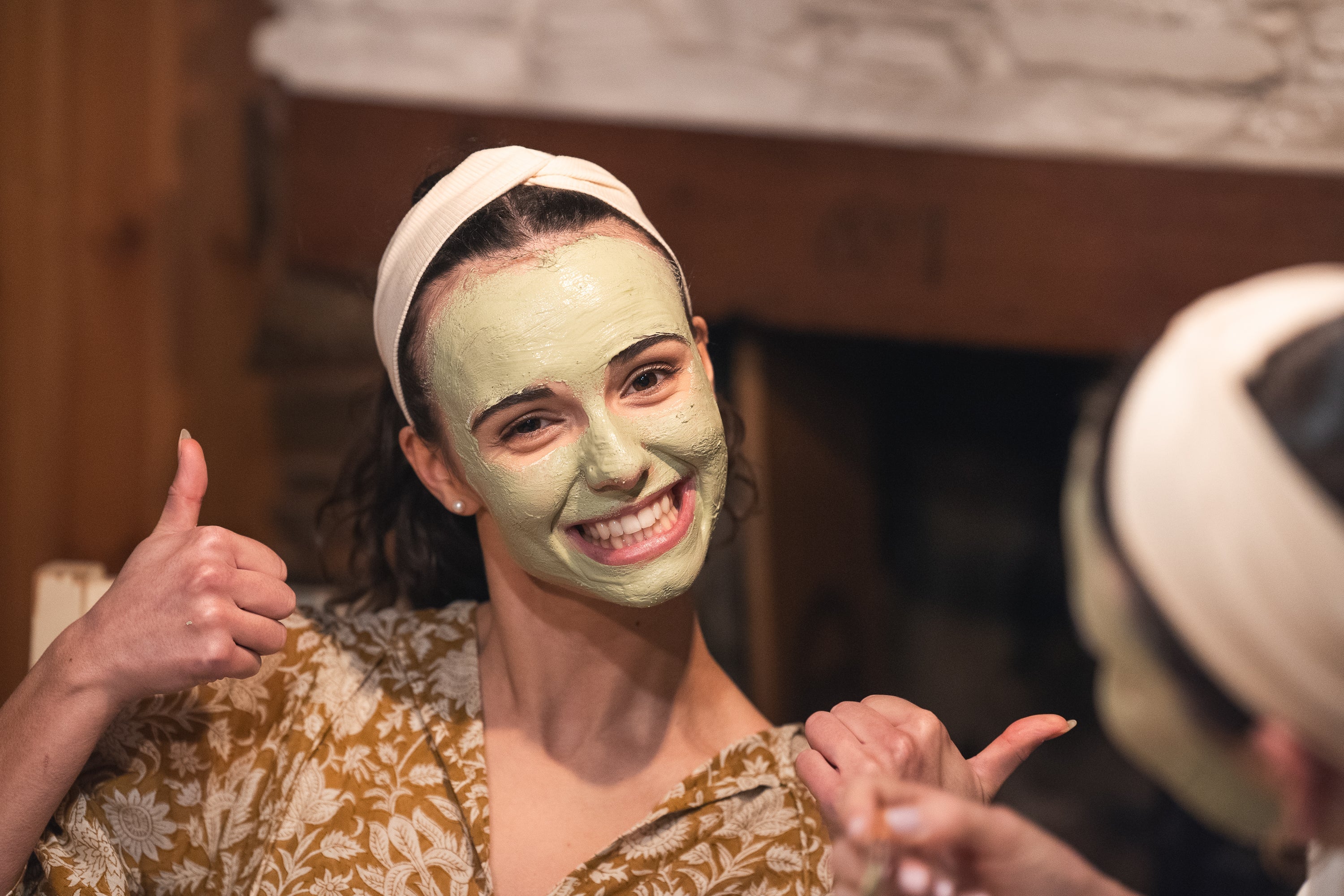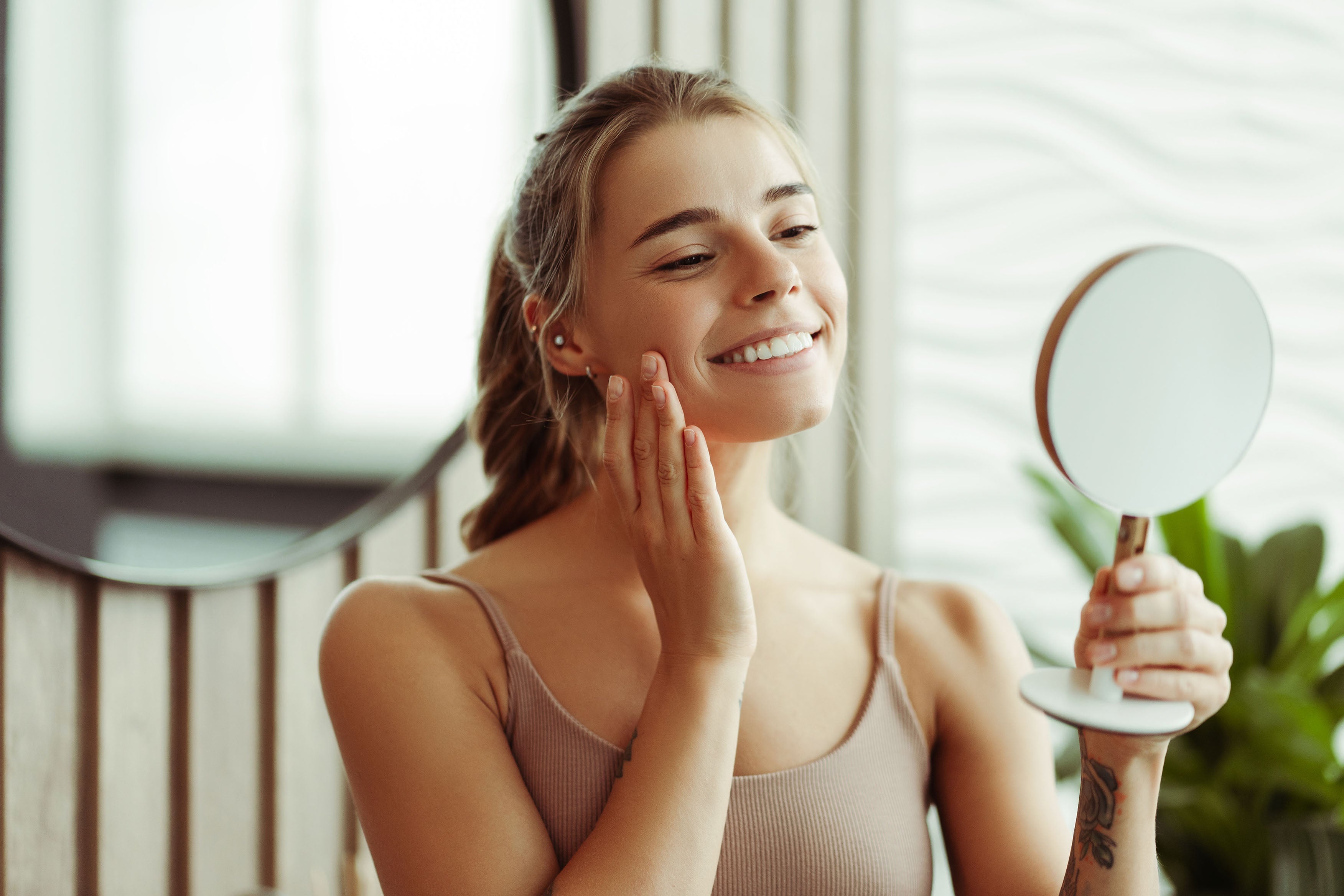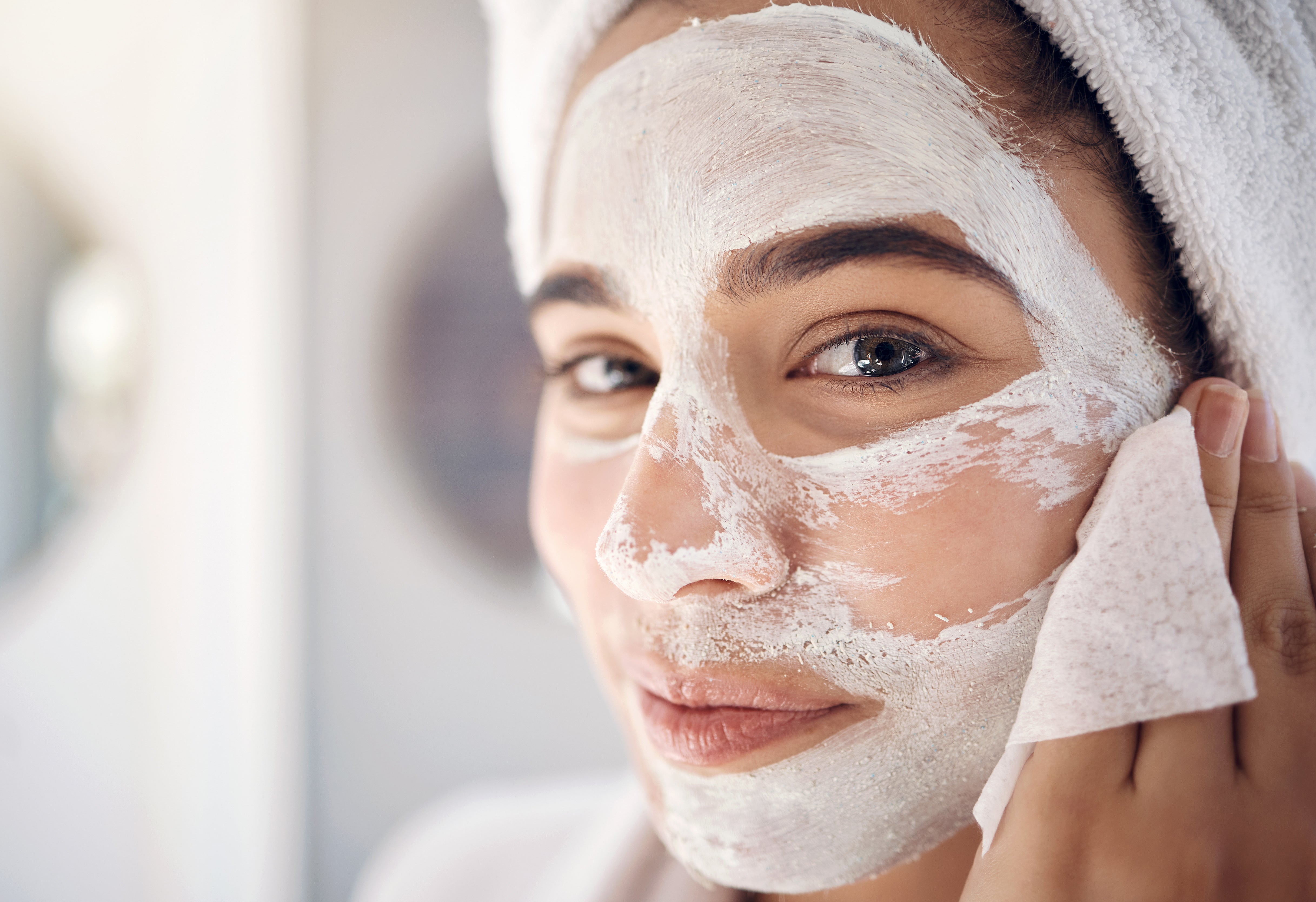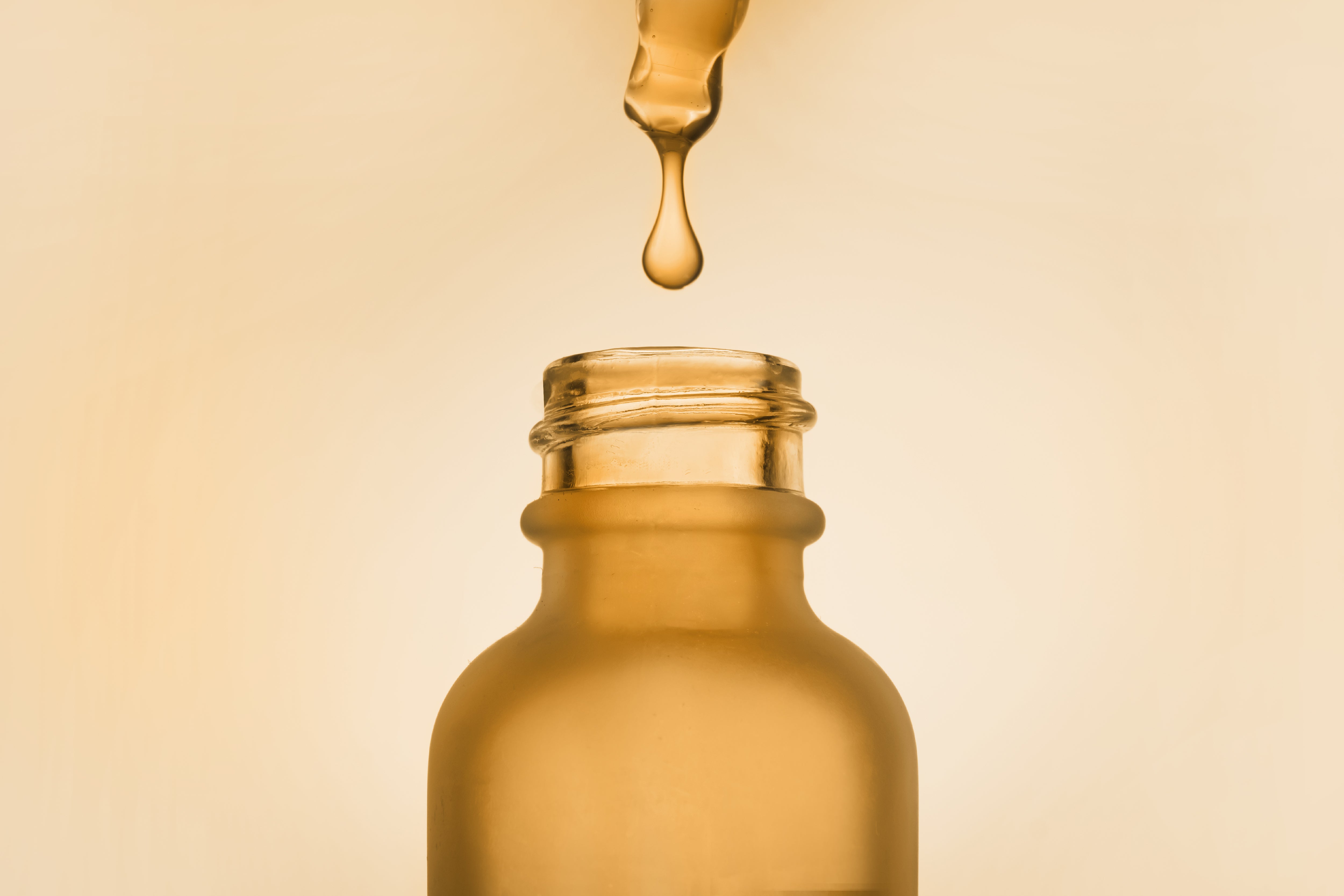In the ever-evolving world of skincare, there are few ingredients as celebrated and versatile as Matcha Powder. Renowned for its vibrant green hue and potent health benefits, Matcha has made a significant mark in the beauty industry, especially in DIY skincare routines. Whether you're a DIY skincare enthusiast or simply looking to elevate your self-care regimen, Matcha Powder is an ingredient worth exploring. In this article, we'll delve into the myriad benefits of Matcha Powder for the skin, backed by recent studies, and highlight its synergy with Kaolin Clay. We'll also touch upon the anti-inflammatory properties of Matcha and its historical and cultural significance in skincare.
The Power of Matcha: An Overview
Matcha is a finely ground powder made from specially grown and processed green tea leaves. Originating from Japan, Matcha has been a staple in traditional Japanese tea ceremonies for centuries. Unlike regular green tea, which is steeped and discarded, Matcha involves consuming the entire leaf, providing a more concentrated source of nutrients and antioxidants.
Nutrient-Rich Composition
Matcha is packed with beneficial compounds, including:
- Catechins: These are a type of antioxidant, with Epigallocatechin Gallate (EGCG) being the most potent and well-researched. EGCG helps to combat oxidative stress, a key factor in skin aging.
- Amino Acids: Matcha contains L-theanine, an amino acid that promotes relaxation and reduces stress, which can indirectly benefit skin health.
- Vitamins and Minerals: Matcha is rich in vitamins A, C, E, K, and B-complex, along with trace minerals like potassium and magnesium.
Skin Benefits of Matcha Powder
1. Antioxidant Powerhouse
One of the standout benefits of Matcha Powder is its high antioxidant content. Antioxidants are crucial in protecting the skin from free radicals, which are unstable molecules that cause oxidative stress and damage skin cells. According to a study published in the Journal of Medicinal Food, Matcha contains significantly higher levels of antioxidants compared to regular green tea, making it exceptionally effective in combating the signs of aging, such as fine lines, wrinkles, and loss of elasticity.
2. Anti-Inflammatory Properties
Inflammation is a common underlying factor in many skin issues, including acne, rosacea, and eczema. Matcha’s anti-inflammatory properties can help soothe irritated skin and reduce redness. The EGCG in Matcha has been shown to inhibit inflammatory pathways, providing relief for sensitive and acne-prone skin. A study in the Journal of Investigative Dermatology highlighted EGCG’s ability to reduce inflammatory responses in skin cells, underscoring its potential as a topical treatment for inflammatory skin conditions.
3. Detoxification and Purification
Matcha Powder is excellent for detoxifying the skin. Its chlorophyll content helps draw out impurities and toxins, leaving the skin purified and rejuvenated. Chlorophyll also has antibacterial properties, which can help in managing acne and preventing future breakouts.
4. Brightening and Even Skin Tone
Matcha can also contribute to a more radiant and even skin tone. The combination of antioxidants and vitamins helps to fade dark spots and hyperpigmentation over time. Vitamin C, in particular, is known for its skin-brightening effects and its ability to boost collagen production, enhancing skin firmness and elasticity.
Matcha and Kaolin Clay: A Perfect Match
When it comes to DIY and Natural skincare, combining Matcha Powder with Kaolin Clay can create a powerful, skin-loving duo. Kaolin Clay is a gentle, natural clay that is suitable for all skin types, including sensitive skin. It helps to absorb excess oil, detoxify the skin, and gently exfoliate dead skin cells.
Benefits of the Combination
-
Deep Cleansing: Kaolin Clay helps to draw out impurities from the pores, while Matcha provides antioxidants and anti-inflammatory benefits. Together, they create a mask that deeply cleanses and purifies the skin without stripping it of its natural moisture.
-
Balancing Oil Production: Kaolin Clay helps to regulate oil production, making it ideal for those with oily or combination skin. Matcha’s anti-inflammatory properties further help to calm the skin and reduce any redness or irritation caused by excess oil.
-
Enhanced Brightening: Both Matcha and Kaolin Clay contribute to a brighter complexion. The gentle exfoliating action of Kaolin Clay combined with the antioxidant power of Matcha helps to reveal a more radiant and even skin tone.
DIY Matcha and Kaolin Clay Mask Recipe
Ingredients:
- 1 teaspoon Matcha Powder
- 1 tablespoon Kaolin Clay
- 1/2 - 1 tablespoon water
- A few drops of Jojoba Oil (optional, for added moisture)
Instructions:
- In a small bowl, mix Matcha Powder and Kaolin Clay.
- Gradually add water until you reach a smooth, paste-like consistency.
- Add a few drops of Jojoba Oil if desired.
- Apply the mixture to your face, avoiding the eye area.
- Leave it on for 10-15 minutes.
- Rinse off with warm water and follow with your usual skincare routine.
Historical and Cultural Uses of Matcha in Skincare
Matcha’s use in skincare is not a modern innovation. Historically, Matcha has been used in various beauty rituals across different cultures. In Japan, Geishas have long used green tea in their skincare routines to maintain their porcelain-like complexion. They would use a powdered form of green tea in their face masks to keep their skin clear and radiant.
Traditional Uses
In traditional Japanese culture, Matcha was not only consumed for its health benefits but also applied topically. Samurai warriors were known to use Matcha to help heal their skin after battles, thanks to its anti-inflammatory and healing properties. The use of Matcha in skincare is deeply rooted in the belief that natural ingredients can harmonize the mind, body, and spirit.
Modern Adaptations
Today, the use of Matcha in skincare has been embraced worldwide. Modern formulations often combine Matcha with other natural ingredients to enhance its benefits. From face masks and cleansers to serums and moisturizers, Matcha-infused products are now a staple in many skincare lines.
Backing Up the Claims: Scientific References
Below are some links to recent studies and scientific findings on the benefits of Matcha:
-
Antioxidant Properties: A study in the Journal of Medicinal Food compared the antioxidant capacity of Matcha to that of other green teas, finding Matcha to have significantly higher levels of EGCG and other catechins.
-
Anti-Inflammatory Effects: Research published in the Journal of Investigative Dermatology demonstrated the anti-inflammatory properties of EGCG, highlighting its potential to reduce skin inflammation and soothe irritated skin.
-
Detoxification: The chlorophyll content in Matcha has been studied for its detoxifying effects. A review in the Journal of Clinical and Aesthetic Dermatology discussed the role of chlorophyll in promoting skin health by drawing out toxins and providing antibacterial benefits.
-
Skin Brightening: The role of vitamin C in Matcha for skin brightening and collagen production was highlighted in a study in the Journal of Dermatological Science, which showed how antioxidants can improve skin tone and texture.
Matcha Powder is a powerhouse ingredient that offers numerous benefits for the skin. Its antioxidant, anti-inflammatory, detoxifying, and brightening properties make it an excellent addition to any natural DIY skincare routine. When combined with Kaolin Clay, Matcha can create a deeply cleansing and rejuvenating mask that caters to various skin concerns. Whether you're looking to combat signs of aging, soothe irritated skin, or simply achieve a more radiant complexion, incorporating Matcha into your skincare regimen can help you achieve your goals naturally and effectively.
By incorporating Matcha Powder into your DIY skincare routine, you not only benefit from its powerful properties but also connect with a rich cultural tradition that has cherished this vibrant green tea for centuries. Give it a try and experience the transformative effects of Matcha for yourself.

